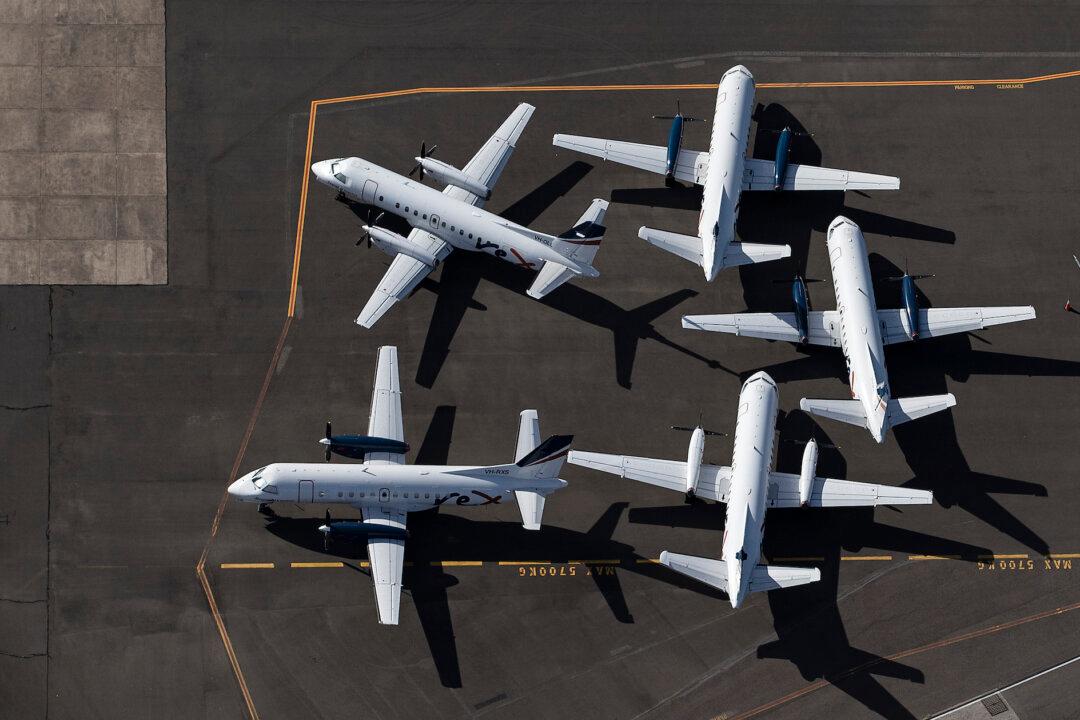In a market-disrupting move, regional carrier Regional Express Airlines (Rex) has announced that it is considering the feasibility of scaling up its domestic operations as Virgin Australia scrambles to save itself through voluntary administration.
“We may well have a three-airline market,” Rex’s deputy chairman John Sharp told The Australian Financial Review.





